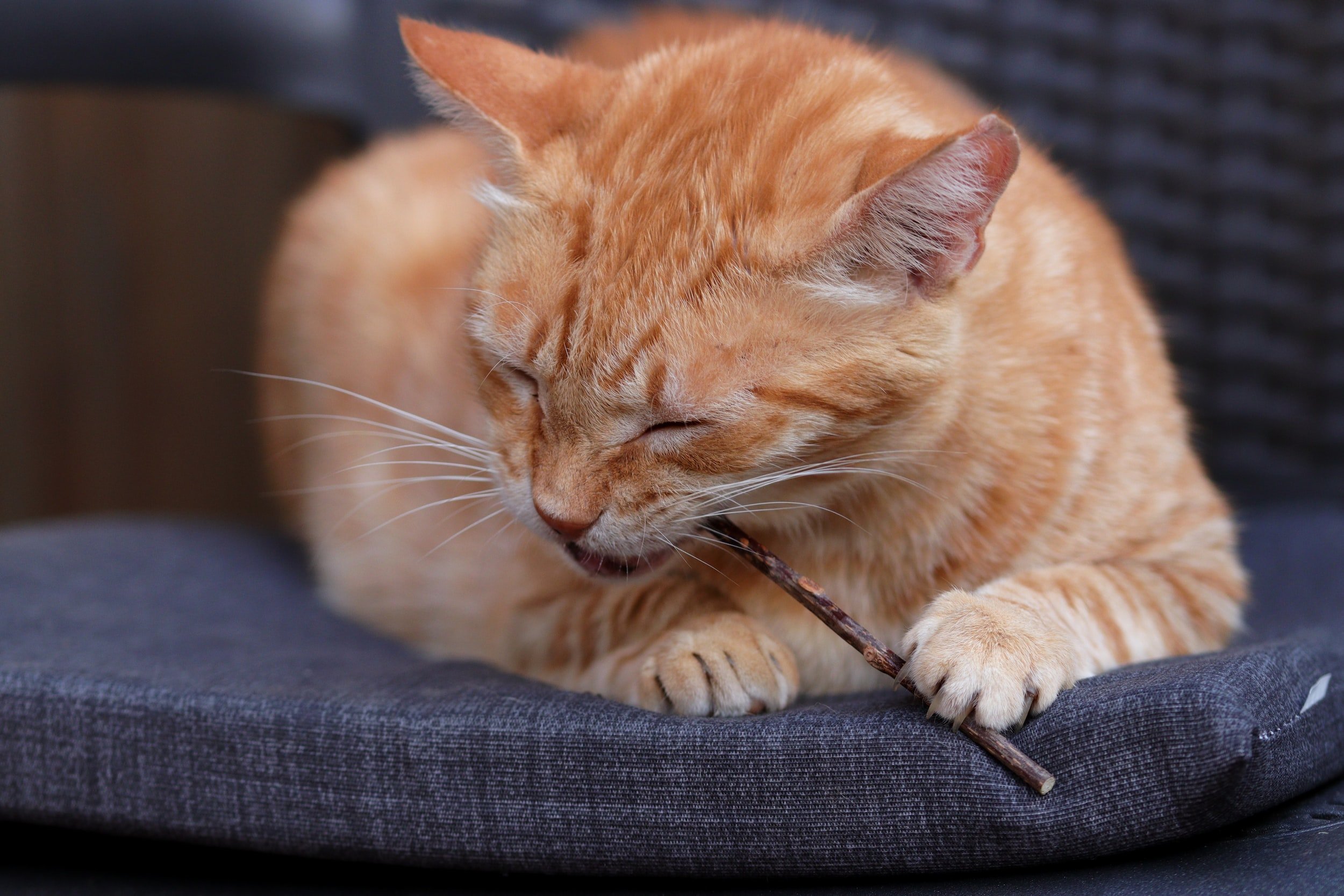Catnip and its effects on your pet’s behaviour
Catnip is a plant that belongs to the mint family and is scientifically known as Nepeta cataria. It is native to Europe and Asia, but has been introduced to other parts of the world, including North America. For many cats, catnip is a fascinating and intriguing substance that can have a strong effect on their behavior.
When a cat smells catnip, the natural oils in the plant can stimulate the cat's olfactory system and activate certain receptors in their brain. This leads to a range of physical and behavioral responses in the cat, including increased activity, playfulness, and rolling around. Some cats may even become more affectionate and sociable when exposed to catnip. Toys with catnip inside can be great ways to encourage activity and enrichment.
The effects of catnip on a cat's behavior are not harmful and are typically short-lived. Most cats will lose interest in the plant after about 10 to 15 minutes, after which they will need to wait several hours before the effects of catnip can be experienced again.
It is important to note that not all cats are affected by catnip. In fact, some studies estimate that only around 50-70% of cats are responsive to it. Sensitivity to catnip is believed to be hereditary, so if a cat's parents were not responsive to catnip, it is likely that the cat will not be either.
If you are thinking of introducing catnip to your cat, it is important to keep a few things in mind. Firstly, it is best to start with a small amount of catnip and gradually increase it if necessary. Secondly, it is important to keep the catnip in a secure and safe place, as some cats may become overly excited and potentially destructive when exposed to it.
In conclusion, catnip is a fascinating plant that can have a strong impact on a cat's behavior. While it is not harmful, it is important to use it in moderation and be mindful of how it affects your cat. If you are unsure whether your cat is responsive to catnip or not, Cat’ll Do Nicely recommends that you consult your veterinarian.

